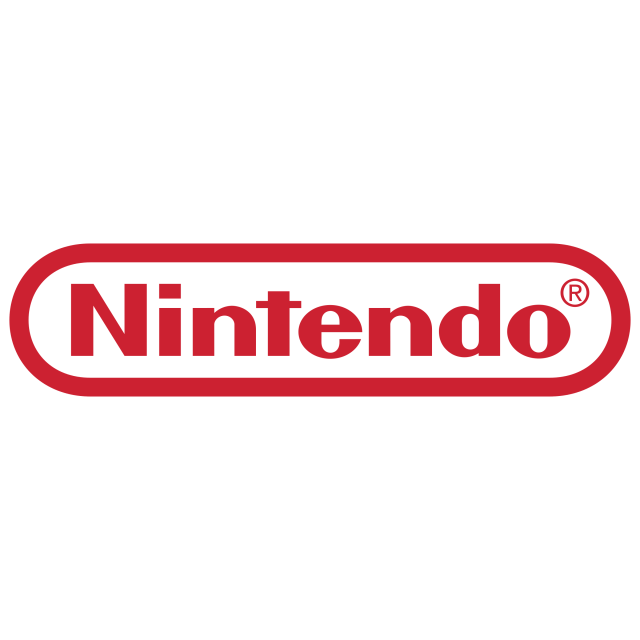I don’t know if I can say this is about my ‘niche’, but I can certainly compare two popular brands that relate to my interests.
These two venerable video game companies have a long, and at times, entwined history. As a kid, I was far more of a Nintendo fan than a Sega fan, but I appreciated the likes of Sonic the Hedgehog, and there were a few other Mega Drive/Genesis games that I liked too. Sega as a company started up in the 1960s, but rose to prominence in the 80s and 90s, with both the Master System and Genesis. The latter console was particularly successful, and featured fast-selling, popular games like Street Fighter II, and Mortal Kombat. Sega developed a reputation for being edgy and streetwise, in contrast to the family-friendly image that Nintendo worked hard to cultivate. Initially, this paid off, with the Genesis coming to dominate the 16-bit console market, but eventually, the SNES over-hauled the Genesis, and Sega never quite recaptured that success.
Whilst Nintendo went on to produce the N64, and new players Sony unleashed the PlayStation, Sega firstly tried the X32 as an addon for the Genesis (having also experimented with the Mega CD, a short-lived CD addon), and later, launched the Saturn, but neither project was as popular as the offerings from elsewhere. Sega enjoyed some success in the coin-op arcade market, but the home market saw blow after blow. The heyday of the so-called Console Wars with Nintendo was over by the end of the 90s, and Sega’s next roll of the dice would be their last console to date, the Dreamcast.
The Dreamcast enjoyed an explosive start during its 1998/1999 launch, but still couldn’t wrestle back market share from Sony, who launched the PS2 shortly after the Dreamcast, whilst Nintendo quietly bubbled along with the Game Cube, and Microsoft further compounded a difficult market with the XBox. In the early 2000s, and not without some internal resistance, Sega restructured to become a games-manufacturer, and withdrew from the console market. This ultimately led to Sega games finding a home with their historical rivals Nintendo, something that would have been utterly unfathomable a decade earlier.
Of the two brands, Nintendo have arguably been the more successful, having stayed in the console market, despite the ferocious competition from Sony and Microsoft. However, there is a lot of nostalgic love for Sega, as evidenced by the success of the Sonic movies, and how well-received classic editions of the Genesis have proven. Sega’s software efforts have been popular, and their old rivals Nintendo have continued to produce consoles enjoyed by millions. Both companies form a seriously large element of nostalgia in my soul, so I am glad they are both proving to be successful.




